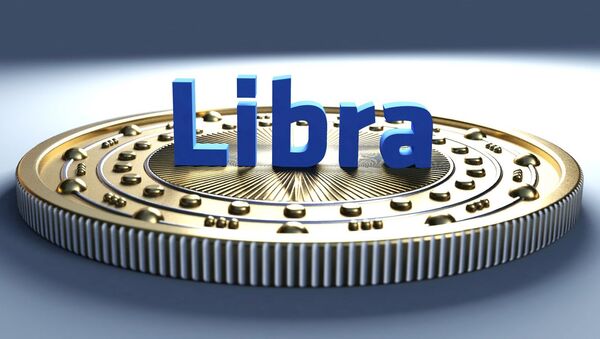A new digital currency proposed by Beijing, is expected to partly look like Facebook’s Libra currency, Mu Changchun, deputy director of the People’s Bank of China’ (PBoC)’s payments department, said earlier this week.
“It [the Chinese digital currency] is to protect our monetary sovereignty and legal currency status. We need to plan ahead for a rainy day,” Mu said.
Mu added that this was why the PBoC is “still doing such a digital currency today when electronic payment methods are so developed.” According to Mu, the currency aims to strike a balance between allowing anonymous payments and grappling with money-laundering.
He said that the Chinese digital coins, which would be as safe as the PBoC-issued paper notes, could even be used without an internet connection, something that will allow transactions to continue in emergency situations.
The tokens could also be used on Tencent Company’s WeChat messenger and Alibaba-backed Alipay.
The remarks come after Mu said last month that the PBoC is almost ready to launch its own digital currency after five years of research, while the US magazine Forbes cited sources as saying that the currency may be unveiled as soon as 11 November.
Facebook Poised to Unveil Its Digital Currency
This followed Facebook’s announcement in June that it plans to launch its own digital currency Libra by 2020 in a move that would allow its billions of social media users to conduct international transactions. According to Facebook, Libra will be “fully backed by a reserve of real assets.”
The social media giant expressed hope that its new digital currency will help resolve the problem of inaccessibility of "even basic financial services" that many people across the world face.
“Almost half of the adults in the world don’t have an active bank account and those numbers are worse in developing countries and even worse for women. The cost of that exclusion is high — approximately 70 percent of small businesses in developing countries lack access to credit and $25 billion is lost by migrants every year through remittance fees,” a Facebook statement noted.
Fidelity, a US financial services company, is also establishing a digital currency, with Microsoft, Starbucks, and Intercontinental Exchange (the owner of the New York Stock Exchange) showing support for a cryptocurrency proposal called Bakkt, meant specifically for digital assets. Bakkt is expected to emerge in the coming months.

